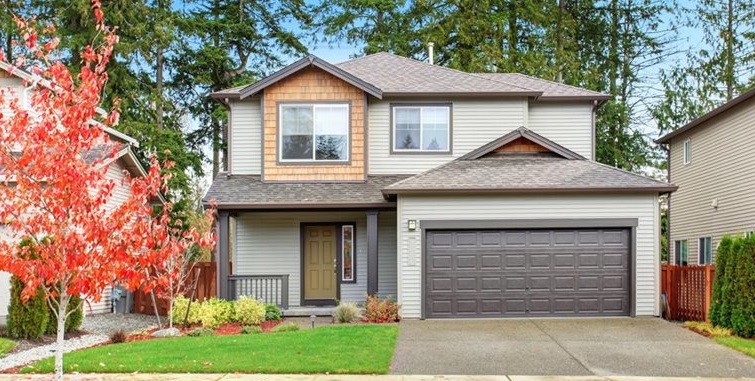You’re applying for a mortgage and you feel overwhelmed by the acronyms, numbers, and terminology. You don’t know where you should start. Well, you’re not alone. The majority of people are almost completely in the dark when it comes to the finer points of their mortgage agreements and don’t know what to ask when applying. For your own sake, remember that no question is a stupid question when it comes to your finances, and you should feel comfortable asking your mortgage broker anything you need.
Here is a list of the most common questions about mortgages. Keep these in mind when looking for a mortgage so you can get the best deal available.
How much can I afford when buying a house?
A general rule of thumb is that you can look for houses that are two or three times your combined annual household income, also keeping in mind your employment, credit, and debt history. There are loan programs for first time buyers so you might be able to get something that you might have initially thought was out of your reach. You need to also think about how much you want to spend on a down payment.
What is a fixed-rate loan versus an adjustable-rate loan?
A fixed-rate mortgage indicates that the interest rate to pay back the mortgage stays the same until it is paid off fully – ie. the rate never changes no matter which way the market fluctuates (up or down). In an adjustable-rate mortgage the interest will change sometimes as the index fluctuates – ie. if the housing market goes up or down, so does your rate. You can choose to go with the stable, predictable method of paying back the loan with a fixed-rate mortgage or you can research the benefits of an adjustable-rate mortgage loan.
What is an index and margin and how does it relate to adjustable-rate loans?
An index is an economic indicator that mortgage lenders use to determine what rate to charge in adjustable-rate mortgages. The interest rate that is charged to the buyer is generally the index rate and a pre-specified margin. Three popular indices are the London InterBank Offering Rate (LIBOR), the Cost Funds of the 11th District Federal Home (COFI), and the One-Year Treasury Bill.
Which mortgage should I choose?
There is no set answer for this question; it all depends on your specific financial situation. How long you intend to keep your house is a big factor in which mortgage you should choose. Talk to a professional and they can help you figure out what loan package would be the best fit for you.
What makes up my mortgage payments?
Typically a mortgage payment has three components – the principal, interest, and taxes/insurance.
- The Principal is simply repaying the amount borrowed on the initial loan.
- Interest is the interest accumulated on the loan.
- Taxes & Insurance are usually paid into a special escrow account, including things like hazard insurance and property taxes. If your lender does not ask for it you must pay the fees directly to the county tax assessor and property insurance company.
How much cash should I have on hand to purchase a home?
Every situation is different, as there are quite a number of packages and conditions you can end up with. Generally, however, you will need:
- Earnest money: paid when you make an offer on the house, to show you are “in earnest” to purchase
- Down payment: A percentage of the cost of the home, due at settlement
- Closing costs: costs associated with the administration and paperwork needed to purchase or finance a house.




